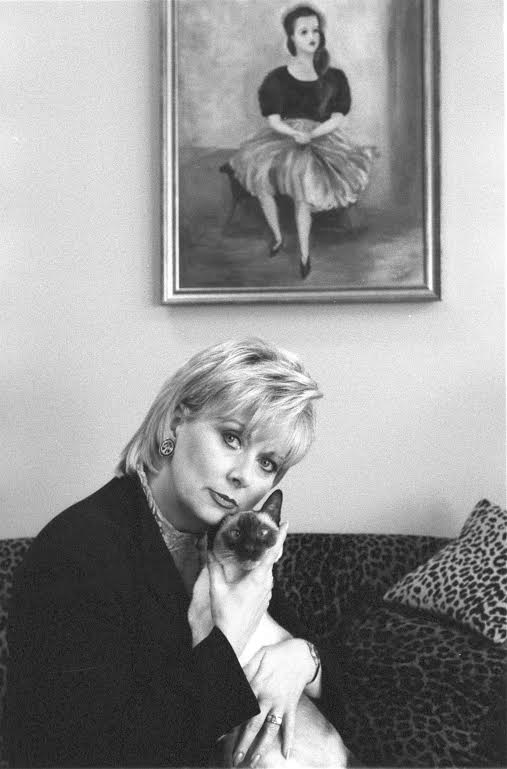Prairie Story, by Pamela Wallin
Prairie Story
by Pamela Wallin
“The Saskatchewan identity –or ethos – was shaped by people’s accommodation to a stark frontier environment.” Dr. John Archer
The feeling never changes. As the airplane gently turns to begin its descent, that beautiful quilt emerges in sharp relief. It may be winter white. Or on an early summer morning, it’s the juxtaposition of blue and yellow. The tension lifts and a calm settles in. From New York City to Wadena is thousands of miles and light years away. Eight million people on 322 square miles. Manhattan- it’s where I live. Wadena, 1500 people, is the place I call home. And I look at the world through a prairie lens. I always test my thinking about life or love or politics against the reality of my family and my enfolding community. It’s still makes me feel safe –or like the Cheers theme song, it’s the place where everybody knows your name.
I know the jokes: Saskatchewan is the place where you can watch your dog run away from home –for two weeks! But I still pity those who may have, once in their youth, driven through on Highway number one en route to Winnipeg or Calgary and who still endlessly regale others with stories, disparaging the flatness, and claiming there is nothing to see.
Well, obviously, they just weren’t looking.
They missed the beauty of the endless canvas on which the clouds create a thousand characters with a thousand stories that morph and change and embrace you.
And the drivers-by must have missed the sunsets too. Nothing comes close to the lingering, languid beauty of a summer night in Saskatchewan as the day eases so gently into the night. The reds and oranges and purples –streaked with lines of clouds – form a scene that if you painted it, people would just think you imagined the beauty and the colour.
As beautiful as Saskatchewan is it can also be harsh. In fact, I think our character has been defined by our often unforgiving circumstances. It’s also a complicated place –not because of throngs of people or lanes of traffic choking the airways and pushing tempers to some moment of rage. It is complicated because even the simplest routine can be high-jacked by a snowstorm. A life can be put in jeopardy if a deer or moose darts into your path. Maybe it’s the two hour trip to the nearest hospital with a fevered child in your arms or the hoar frost – indescribably beautiful but treacherous under some unsteady, elderly foot. There’s intense heat, and extreme cold. There’s rain or is crippling absence. The elements test you.
 But, in the end, any place is always about the people and the relationships.
But, in the end, any place is always about the people and the relationships.
Some wise philosopher once claimed that the true test of our humanity is found in a nation’s small towns. In cities, we can jostle and push or even be rude because there is anonymity . The real test of our character is to live day by day, and side by side with the people we know – and make it work. We can’t risk indulging in a fit of pique because tomorrow our kids must play hockey together or you could be sitting beside their mother in the choir loft.
We seem to learn by osmosis the importance of relationships, of respect for others and the importance of getting along.
Saskatchewan is also a microcosm for all of the issues that people and nations everywhere are facing these days –aging populations, rural/urban divides, rising health care costs and access problems, racial tensions and just the everyday stresses of human relations in a speeded-up, high tech environment. But, it has always been a place where we confronted –with civility – those challenges.
There is not a day goes by that I do not give thanks for the place I was born and raised –the place my family still lives –and the place where I feel the most content and where I learned most of life’s lessons. My parents taught me to speak my mind – but only when that mind was informed. And most importantly, they taught me that character trumps genius – that it’s more important to be kind than smart. The anchors of the community are the churches and Legion Hall – and the curling rink. There is truly a sense of a collective good. Individual values and shared practises is a community. There are few homeless or hungry in a small town because we all belong to someone – and if they are long gone, even an acquaintance willingly lends a helping hand. I grew up feeing safe and that sense of security allowed me to greet the world confidently –and without fear –which is of course why so many from Saskatchewan have done so well on the larger stage be it in finance or art or music or business or journalism or public service.
So it is our responsibility as we celebrate one hundred years and thousands of lives – from the homesteaders to the hockey stars – that we respect our traditions and find the will to ensure that Saskatchewan –the one we know and love –will mark it’s 200th with the same pride of place that runs through the veins of all us today.
